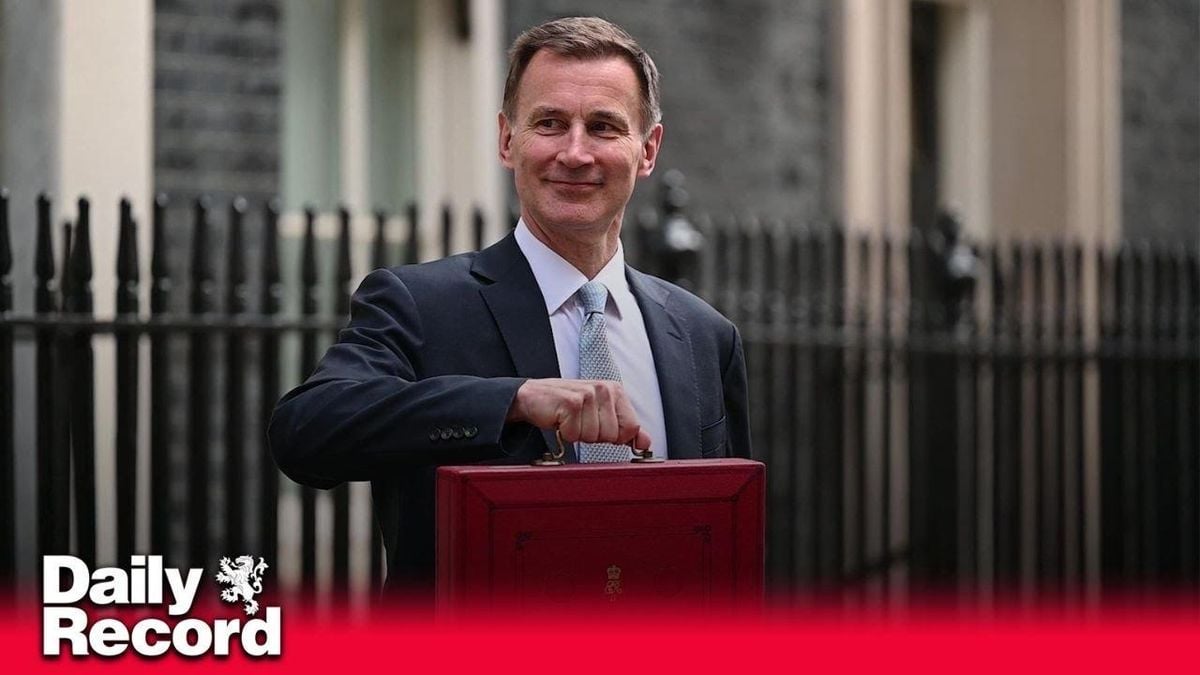


On October 30, 2024, Chancellor Rachel Reeves announced significant pay increases for millions of workers across the UK, confirming the National Living Wage (NLW) will rise from £11.44 to £12.21 per hour starting April 2025. This increase, which amounts to 6.7%, is expected to benefit around three and a half million low-paid workers, translating to approximately £1,400 more annually for full-time workers. Alongside this, the National Minimum Wage (NMW) for younger employees aged 18 to 20 will increase from £8.60 to £10.00 per hour, marking the largest rise recorded at 16.3%. This means full-time workers within this age bracket could see their earnings boosted by £2,500 per year.
This latest adjustment aims to move closer to the government’s long-term objective of aligning the NLW and NMW, eventually creating one single adult rate. Indeed, from April 2025 forward, the total hourly pay for apprentice workers aged 18 will also increase significantly, from £6.40 to £7.55 per hour—an impressive jump of 18%.
While the pay increase is being hailed as a necessary step for fairness and poverty reduction, it raises concerns among business leaders about the impact on employers. Rachel Reeves stressed the government’s commitment by stating, “This pay boost for millions of workers is a significant step toward delivering on our promise for genuine living wage for working people.”
Business Secretary Jonathan Reynolds echoed this sentiment, noting the importance of fair wages as beneficial not only for workers but also for businesses, claiming, “Good work and fair wages are in the interest of British business as much as British workers.”
Despite the supposed benefits, potential strains on business profitability and sustainability are evident, especially within the hospitality sector. Kate Nicholls, Chief Executive of UKHospitality, remarked on the financial burden of the wage increase on businesses, stating, “These wage rises are well above expectations and make the Budget even more important.” She cautioned against adding any additional cost pressures, such as rising business taxes, on top of the wage increases, warning it could threaten jobs and future investments.
Concerns abound about the timing of this announcement, just before the upcoming Budget, where businesses are already feeling apprehensive about additional financial obligations. Numerous hospitality industry leaders have stressed the need for targeted measures to support high street businesses, urging the government to impart reforms focused on the business rates system.
The National Minimum Wage and National Living Wage systems were introduced with the goal of ensuring fair compensation for workers. The NLW, which began for workers aged 25 and over back in 2016 at £7.20, has expanded its eligibility over the years, now extending to employees aged 21 and older. The NMW was first implemented under the Labour government back in 1999, starting at £3.60 for those aged 22 and older. These measures aim to help alleviate financial pressure on low-income households amid rising costs of living.
Interestingly, nearly half a million workers are set to benefit from the Real Living Wage, which is separate from the government-mandated rates and funded voluntarily by businesses. The Living Wage Foundation’s indicators suggest this charity-led rate provides higher earnings, helping offset costs significantly for more than 475,000 employees working with accredited firms. Notably, the Living Wage Foundations reports display the Real Living Wage will see increases to £12.60 for workers outside London and £13.85 for those within the capital.
This upcoming wage rise signifies hope for countless workers struggling to cover everyday expenses, amplifying the chorus for financial equity and improved living standards. Yet, with worries looming over increased costs and impacts on business sustainability, the debate around wage policies and their long-term benefits versus immediate pressures continues to be highly relevant.
Future discussions will undoubtedly revolve around the sustainability of these wage increases and the broader impacts on the economy as firms adjust to new conditions. Industry leaders are left considering how to sustain the balance between rewarding employees fairly and keeping their businesses afloat.
Will these wage hikes pave the way for more positive changes, or will they burden businesses to the extent of threatening their viability? Only time will tell. But for the moment, the increase to the National Living Wage and National Minimum Wage signals small but significant progress for the working class, affirming the government’s aim toward equitable compensation and improved quality of life for many.
So as April 2025 approaches, workers and businesses alike brace for the changes, discussing not just how to adapt, but how to thrive through shifting economic landscapes.
Give Feedback. How was this article?
You can help us improve by leaving feedback specific to
this content.
How would you rate the quality of this article?
Which of the following feelings did this article evoke in
you?
Multiple Selection
How easy was it for you to find the information you were
looking for in this article?
Super Hard😱
😎Super Easy
Artificial intelligence is increasingly used in content
creation. What percentage of this article do you estimate was generated by AI?
How can we improve this article (or our articles in
general)?
Do you have any other suggestions for improving our content
or
website?
Thanks for the feedback
Thank you for supporting us to improve ourselves with your
feedback.